Description
Efnisyfirlit
- Cover
- Title Page
- Copyright
- Contents
- Preface
- Acknowledgments
- Share Aging, Society, and the Life Course: Fifth Edition
- 1. Aging and Society
- Learning Objectives
- Dimensions of Aging
- Physical Aging
- Psychological Aging
- Social Aging
- Societal Aging
- Ways of Categorizing People by Age
- Chronological Age
- Functional Age
- Life Stage
- The Rise of Old Age as a Social Category
- Generational Consciousness
- The Aging Population as a Social Force
- The Life Course and Old Age
- Social Perspectives on Aging
- The Sociological Imagination
- The Growth of Gerontology as a Field of Study and Practice
- Summary
- Web Exercise
- Key Terms
- Questions for Thought and Discussion
- 2. Studying Aging
- Learning Objectives
- Why Do We Conduct Research?
- The Role of Theory
- How Do We Conduct Research on Aging?
- Age as a Variable
- Separating Age, Period, and Cohort Effects
- Methods Targeted to Research on Aging
- Longitudinal/Panel Studies
- Secondary Analysis
- Qualitative, Quantitative, and Mixed Methods
- Event History Analysis
- Life History and Reminiscence
- Other Special Issues in Studying Aging
- Cohort-Centrism, Dynamism, and Limits of Current Knowledge
- Applying Theory: Cohort Size and Life Chances: The Easterlin Hypothesis
- Sociology of Science
- Research Activism
- Summary
- Web Exercise
- Key Terms
- Questions for Thought and Discussion
- Topical Essay. Ironies of Crime: Silver-Haired Victims and Criminals
- 3. An Aging World: Demographic Perspectives
- Learning Objectives
- The Aging of Societies
- Global Aging
- How Do Populations Age?
- Applying Theory: Demographic Transition Theory
- Measures of Population Aging
- Demographic Characteristics of the U.S. Aging Population
- Living Arrangements
- Geographic Distribution
- Gender Composition
- Increasing Racial and Ethnic Diversity
- Centenarians
- Interpreting and Using Demographic Data
- The Fallacy of the Demographic Imperative
- Summary
- Web Exercise
- Key Terms
- Questions for Thought and Discussion
- 4. The Aging Individual in Social Context
- Learning Objectives
- Setting the Stage: Psychology of Aging
- Human Development and Aging
- Social Context, Life Course, and Individual Aging
- Successful Aging: The Role of Social Factors
- Environmental Gerontology
- Social Context
- The Life Course
- Social Roles
- Age Norms
- Structural Lag
- Life Course Perspective in Gerontology
- Analyzing Theory: The Emergence of Developmental Science
- Summary
- Web Exercise
- Key Terms
- Questions for Thought and Discussion
- Topical Essay. Creativity and Age: The Real Story
- 5. Aging and the Family: Personal and Institutional Contexts
- Learning Objectives
- The Family as an Institution
- The Meanings of Generation
- Core Norms and Expectations of Family Relationships
- Independence and Dependence
- Voluntarism and Obligation
- Families as Personal Networks
- Applying Theory: Family Life Cycle Theory and Individual Dependency in the Family
- Strengths in Later-Life Families
- Continuity and Change in Later-Life Families
- Key Familial Roles and Relationships
- Spouses/Aging Couples
- Grandparents
- Families as Caregivers
- Context of Caregiving: Family Norms of Mutual Assistance
- Intergenerational Support
- Family Members as Caregivers to Frail Elders
- Caregiver Burden and Rewards
- Involvement of Older Adults in Their Own Care
- Family Conflict: Elder Abuse and Neglect
- Social Change and the Family’s Future
- Changes in Marriage
- Changes in the Size and Shape of Families
- Future Changes in the Timing of Family Life Events
- Growing Complexity of Family Relations
- Summary
- Web Exercise
- Key Terms
- Questions for Thought and Discussion
- 6. Work and Retirement in the Life Course
- Learning Objectives
- Employment as an Organizing Force in the Life Course
- Dynamics of the Labor Force
- Employment and Life Chances
- The Occupational Life Cycle
- Older Workers and the Dynamics of the Labor Force
- Skills and Employability of Older Workers
- Age Discrimination in Employment: Problems and Policies
- Applying Theory: Rocking Chairs or Rock Climbing: Disengagement and Activity Theories
- Defining Retirement
- The Social Construction of Retirement
- The Institutionalization of Retirement in the United States
- The Role of Social Security
- The Role of Employer Pensions
- Gender and Retirement
- Race, Ethnic, and Social Class Variations
- The Deconstruction of Retirement?
- Individual Retirement
- Determinants of the Retirement Decision
- Employment After Retirement—Encore and Bridge Jobs
- Retirement Consequences for Individuals and Couples
- Applying Theory: Continuity Theory and the “Busy Ethic”
- Rethinking Work and Retirement for the Future
- Changes in Policies and Political Attitudes
- Changes in the Economy and the Nature of Work
- Summary
- Web Exercise
- Key Terms
- Questions for Thought and Discussion
- Topical Essay. Portrayal of Older Men and Women in Media
- 7. Economics and the Aging of Society
- Learning Objectives
- The Role of Economics in Aging
- Policy and the Economic Status of Older Adults
- Sources of Income for Older Adults in the United States
- Economic Well-Being of Older Americans
- Economic Well-Being and Inequality Among Older People
- Effects of Population Aging on the Economy
- Applying Theory: The Stratified Life Course: Cumulative Inequality and Economic Diversity
- Prospects for the Future Economic Status of the Elderly
- Summary
- Web Exercise
- Key Terms
- Questions for Thought and Discussion
- Topical Essay. E-Elders
- 8. Aging and Health: Individuals, Institutions, and Policies
- Learning Objectives
- Physical Aging
- The Health Status of Older People
- Prevalence Rates for Chronic Conditions
- Functional Ability
- Self-Assessment
- Mortality
- Mental Health and Aging
- Explaining Gender and Race Variations in Health
- The U.S. Health Care System
- The Medical Model of Health Care
- Elements of the Health Care System
- Access and Utilization
- Financing Health Care for Older Americans
- Applying Theory: The Political Economy of Health Care Access
- Long-Term Care in the United States
- Summary
- Web Exercise
- Key Terms
- Questions for Thought and Discussion
- Topical Essay. Antiaging: Cosmetics and Aesthetics
- 9. Politics, Government, and Aging in America
- Learning Objectives
- The Social Construction of Old Age and the Welfare State
- The Older Americans Act: A Legacy of Compassionate Ageism
- Policy Debates and the Social Construction of Old Age
- Generational Politics: Conflict and Consensus
- The Potential for Generational Conflict
- The Generational Equity Debate
- The Battle Over Social Security
- The Debate on Age and Need Entitlements
- Rethinking Age-Based Policies?
- Aging and Political Behavior
- Age Norms and Rules for Political Participation
- Age, Period, and Cohort Effects on Political Behavior
- Working the Political System: Age-Based Advocacy
- Applying Theory: Age Stratification Theory
- Summary
- Web Exercise
- Key Terms
- Questions for Thought and Discussion
- 10. Global Aging With J. Scott Brown
- Learning Objectives
- Global Aging and Regional Economies
- Level-of-Development Designations
- Demographic Overview of Global Aging
- Speed of Population Aging
- Demographic Dividends
- Cultural Traditions, Population Aging, and Social Change
- China: One-Child Policy
- Germany: Inverted Pyramid
- Kenya: Health Challenges
- Aging and the Welfare State
- History of the Welfare State
- Program Types and Eligibility
- Welfare State and the Role of the Family
- Applying Theory: Modernization Theory
- The Study of Global Aging
- Comparative Methods
- International Initiatives on Aging
- Summary
- Web Exercise
- Key Terms
- Questions for Thought and Discussion
- Topical Essay. Greying of the Rainbow: Lgbt Aging
- 11. Baby Boomers and the Changing Landscape of Aging
- Learning Objectives
- Cohort Flow and Changing Aging
- Who Are the Baby Boomers?
- Characteristics of the Baby Boomer Cohort
- Generational Characteristics
- New Landscapes of Aging
- The Third Age: A New Phase of the Life Course
- Productive Aging: Expanded Opportunities, Altered Expectations
- Workforce Needs for an Aging Society
- Lifelong Learning
- Summary
- Web Exercise
- Key Terms
- Questions for Thought and Discussion
- 12. The Dynamics of Aging in Our Future
- Learning Objectives
- Aging in a Changing Social World
- Rethinking Old Age and the Life Course
- Long-Term Changes in Aging: Beyond the Boomers
- Growth and Change: The Aging of the Older Population
- Centenarians
- Changing Family Structures: Implications for Care and Relationships
- Changes in Health: Incremental Changes and Breakthroughs
- The Risks of Prediction
- The Uniqueness of Aging in Each Cohort
- Challenges and Opportunities for the Field
- Disciplinary Frameworks
- Micro/Macro Distinctions: Implications for Policy and Practice
- Firming our Theoretical Foundations
- Addressing Diversity
- Transforming Knowledge to Inform Policy and Practice
- Your Future Aging Self
- Summary
- Web Exercise
- Key Terms
- Questions for Thought and Discussion
- References
- Index

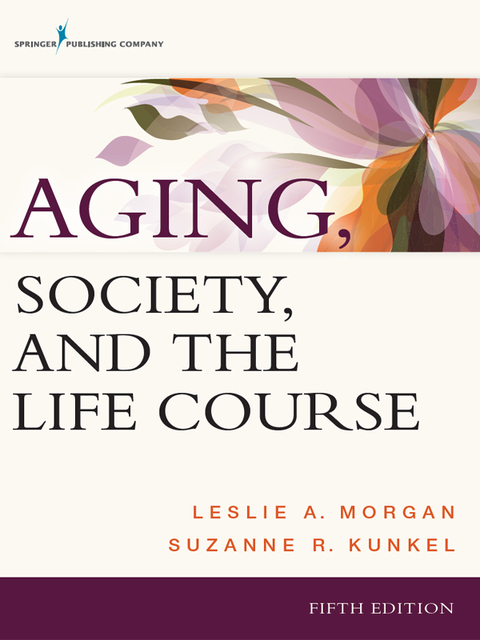
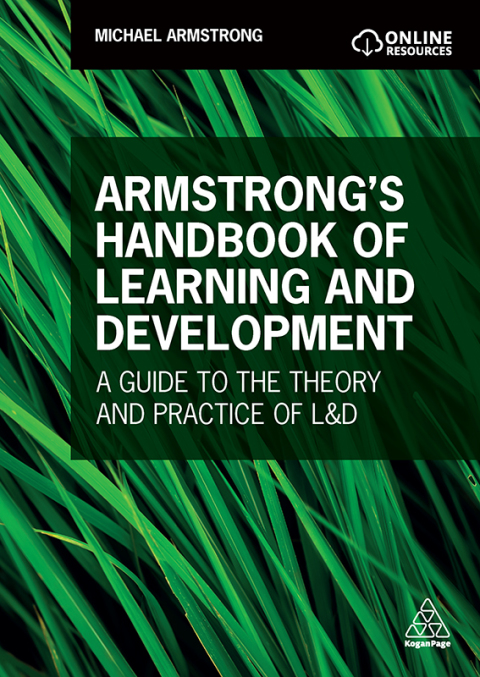
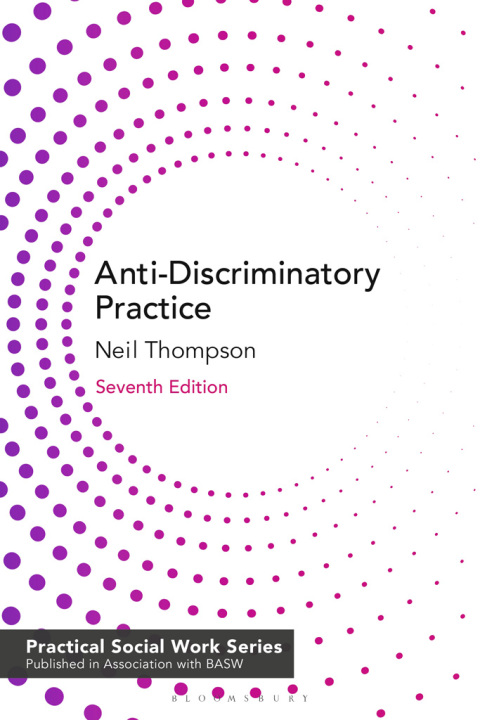
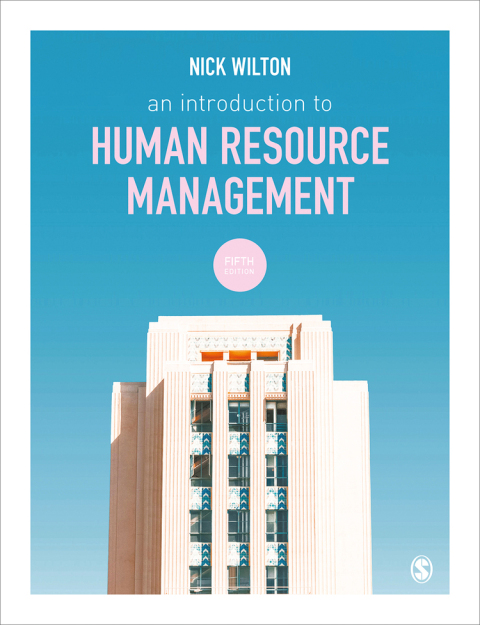
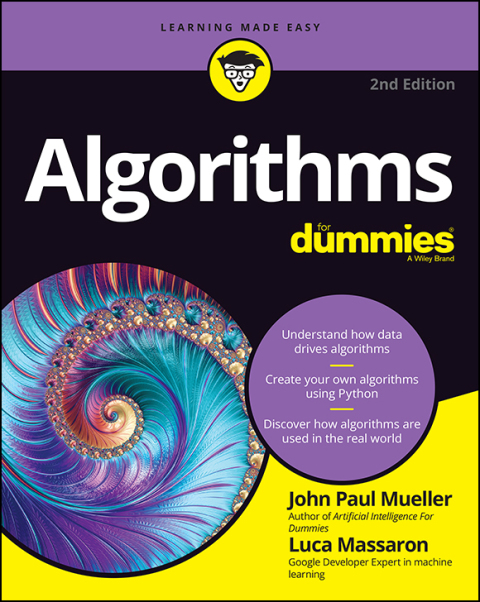
Reviews
There are no reviews yet.